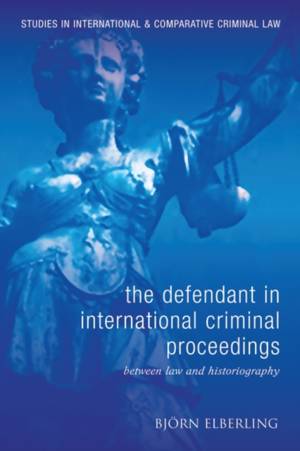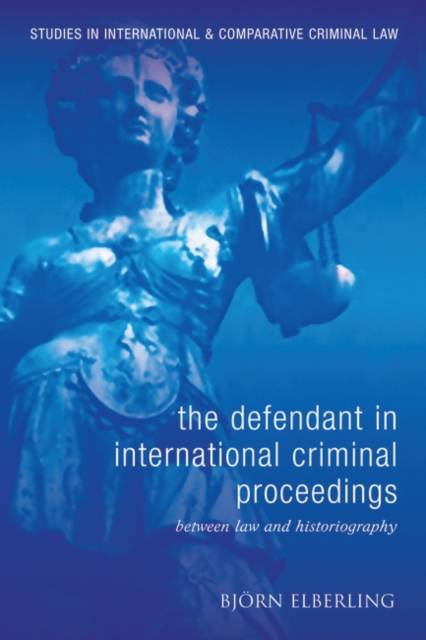
- Retrait gratuit dans votre magasin Club
- 7.000.000 titres dans notre catalogue
- Payer en toute sécurité
- Toujours un magasin près de chez vous
- Retrait gratuit dans votre magasin Club
- 7.000.000 titres dans notre catalogue
- Payer en toute sécurité
- Toujours un magasin près de chez vous
Description
It is often said that criminal procedure should ensure that the defendant is a subject, not just an object, of proceedings. This book asks to what extent this can be said to be true of international criminal trials.
The first part of the book aims to find out the extent to which defendants before international criminal courts are able to take an active part in their trials. It takes an in-depth look at the procedural regimes of international courts, viewed against a benchmark provided by national provisions representing the main traditions of criminal procedure and by international human rights law.
The results of this comparative endeavour are then used to shed light, from a practical point of view, on the oft-debated question whether (international) criminal trials should be used as a tool for writing history or whether, as claimed by Martti Koskenniemi, pursuing this goal leads to a danger of "show trials".
Spécifications
Parties prenantes
- Auteur(s) :
- Editeur:
Contenu
- Nombre de pages :
- 270
- Langue:
- Anglais
- Collection :
- Tome:
- n° 10
Caractéristiques
- EAN:
- 9781849462662
- Date de parution :
- 31-08-12
- Format:
- Livre relié
- Format numérique:
- Genaaid
- Dimensions :
- 155 mm x 236 mm
- Poids :
- 566 g







